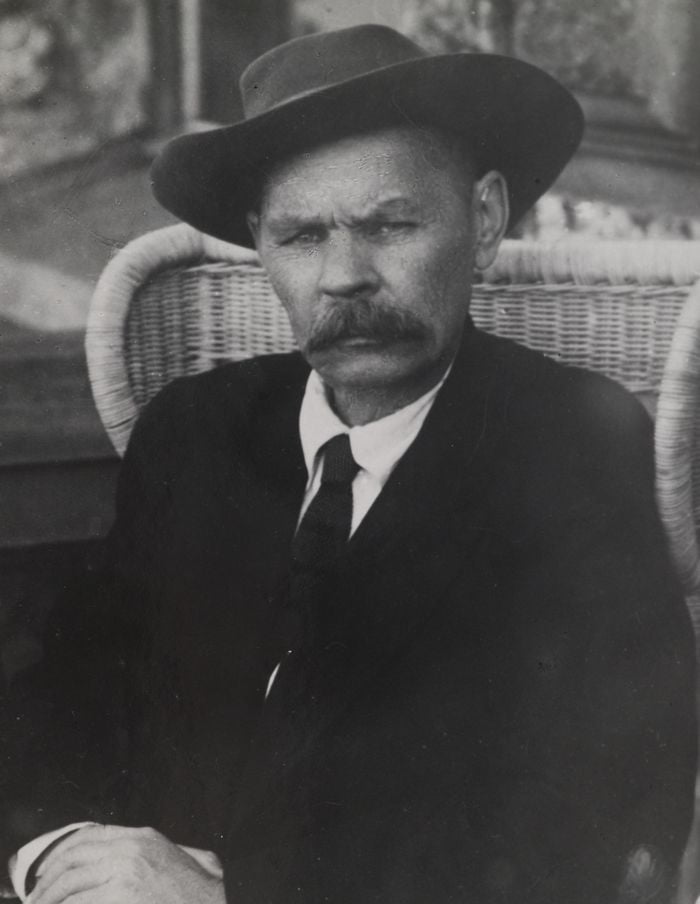Petronius (Died 66 A.D.)
Gaius Petronius Arbiter was born some time early in the First Century of the Christian era, and committed suicide in the year 66. Writer, government official, dilettante and friend of Nero, he “had idled into fame,” as Tacitus tells us. His best-known work, The Satyricon, is a strange straggling sort of satirical novel, into which he introduced this short masterpiece, The Matron of Ephesus. The tale is supposed to be in the manner of one of the so-called lost Milesian Tales, a collection renowned for its cynical oudook on humanity in general and woman in particular. This brief story (in one form or another) is to be found running through all literature, especially the literature written by men. The present version is a revision (by the editors) of two older versions.
The Matron of Ephesus
From The Satyricon
A certain matron of Ephesus was so notably pure that women came from afar to look upon her. When her husband was buried, she was not satisfied with the usual custom of following the body with loosened hair and beating her breast in the presence of the people: she accompanied her dead spouse right into the sepulcher—which was in the Greek style, underground—and there remained to watch and weep by day and by night. Her parents and relations were unable to prevent her from thus torturing herself, and remaining in the sepulcher to die of hunger. The civil officials at last left in despair.
The matron lived through the fifth day without eating, and was grieved for by all as a shining example to all womenkind. A faithful maidservant sat by the wretched woman, shed the appropriate number of tears, and kept the lamp burning.
Word spread through the city, and every one agreed that it was a unique example of conjugal love and fidelity.
Meantime, the provincial governor crucified certain thieves near the sepulcher where the matron was weeping over the body of her late husband, and a soldier was commanded to keep guard over the crosses, to prevent the bodies from being taken down and buried. The following night he perceived a light shining brightly among the trees and heard the moans of the woman. Like all human beings, he was curious, and desired to know who was groaning, and what was the cause of it.
He therefore entered the sepulcher, and on seeing a beautiful woman, stopped short and was as deeply moved as though he had seen an omen or a ghost from the nether world. The moment he set eyes on the body and remarked the matron`s tears, and her face scarred by the marks of fingernails, he understood: she was desperate in her love for the man who was dead. He then brought his frugal supper into the sepulcher, and begged the matron not to give way so to a grief that was useless, nor break her heart in weeping. All men, he said, had the same fate and the same last resting-place.
Read the rest of the story on link The Matron of Ephesus.
Read More about Customized tour Bulgaria








